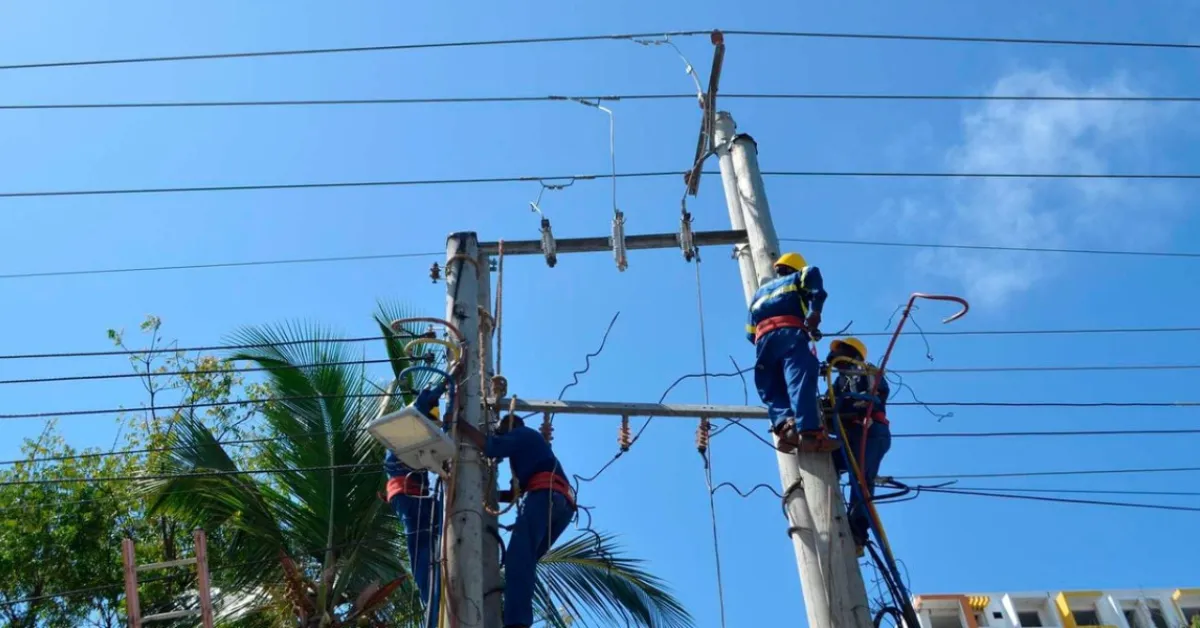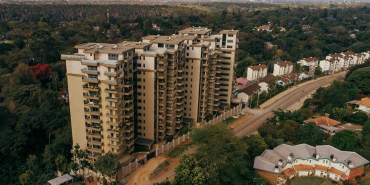Kenya to Lower Electricity Costs with New Bill Removing Transformer Tax

The Kenyan government is on the cusp of significantly reducing electricity connection costs for households and businesses nationwide, following the National Assembly's approval of the Excise Duty (Amendment) Bill, 2025.
This legislation eliminates the 25 percent excise duty previously imposed on imported transformers and related parts, key components in the power distribution network. The bill now awaits presidential assent from William Ruto to be enacted into law, a move that is expected to bring substantial relief to consumers and accelerate the nation's electrification efforts. The removal of the excise duty aims to address one of the primary obstacles to widespread electricity access: the high cost of transformers.
Transformers are vital for connecting homes and businesses to the national grid, but their expense has contributed significantly to the financial burden on both consumers and the national utility, Kenya Power. Currently, Kenya Power charges households and small businesses between Sh35,000 and Sh40,000 for single-phase connections, while larger enterprises requiring three-phase connections face costs of up to Sh75,000. In rural areas, where new transformers often need to be installed, connection fees can exceed Sh100,000.
With each transformer costing approximately Sh900,000, the financial strain has been considerable. Beyond the direct impact on connection fees, the high cost of transformers has also contributed to operational challenges for Kenya Power, including frequent blackouts and extended outages. In 2023, the utility reported the theft of 365 transformers, valued at Sh328 million, due to vandalism, with additional losses recorded in 2024. These incidents often leave communities without power for extended periods, as Kenya Power struggles to replace the stolen equipment amid budgetary constraints and lengthy procurement processes.
The passage of the amendment bill is expected to mitigate these issues by lowering the price of transformers, thereby enabling Kenya Power to maintain adequate stocks and respond more effectively to outages. The utility has already taken steps in this direction, recently issuing tenders to acquire over 3,300 distribution transformers from local manufacturers. According to John Ngeno, Kenya Power’s general manager for supply chain and logistics, these shortages have impeded efforts to connect new customers and replace damaged infrastructure.
The removal of excise duty is anticipated to have a broader impact on electricity tariffs, potentially leading to lower energy prices for consumers. By reducing the cost of transformers, Kenya Power could decrease its operational expenses, which, in turn, could translate into more affordable electricity bills. This measure is also expected to accelerate Kenya’s drive towards universal electricity access by 2027, a goal that has been hampered by the prohibitive costs of grid connections.
The Excise Duty (Amendment) Bill represents a strategic policy shift aimed at transforming Kenya’s energy sector. By addressing the high cost of transformers, the government seeks to enhance connectivity, bolster rural electrification, and stimulate economic growth through a more affordable and reliable power supply.














Add new comment